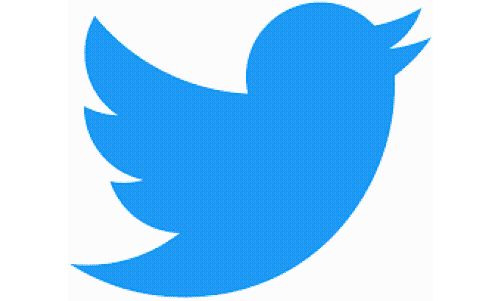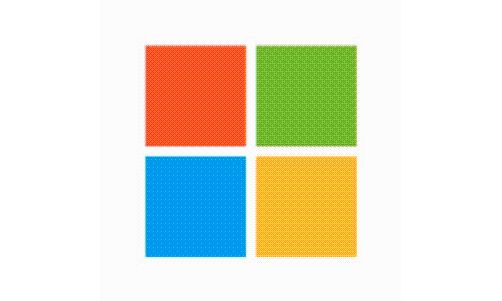According to a new market analysis, the sales of personal computers (PCs) declined compared to the previous year.
Declining PC Sales
According to Seattle Times, a study shows that PC makers sold only about 270 million units in 2016. This represents a dropping of over 6 percent from the previous year's sale figures. In the fourth quarter of 2016, worldwide PC shipments totaled 72.6 million units. According to the study performed by market researcher Gartner, this figure represents a 3.7 percent decline from the fourth quarter of 2015.
The personal computer industry continued to decline last year, as consumers and businesses pick up smartphones and other devices instead. According to preliminary results by Gartner, PC sales are falling to their lowest level since 2006.
Gartner found that in 2016 the sales of personal computers worldwide experienced the fifth consecutive annual decline. From their record high in 2011, just above 350 million units, now PC sales have dropped 24 percent.
In terms of the ranking of the top PC makers in the world, this kept steady in 2016 from a year earlier. The top spot is retained by owner of IBM's former PC business, China-based Lenovo. The company had 55.8 million units shipped in 2016, according to Gartner's estimation. Lenovo experienced shipment increases in EMEA and North America, while Japan and Asia/Pacific continued to be challenging markets.
The second company on the list is HP, at 52.4 million PC units shipped. The company is followed in order by Dell, Asus and Apple. Of those, with shipments falling 8.7 percent, Apple recorded the largest decline. Only Dell experienced sales rise by 2.6 percent on the year.
Causes Of PC Market Decline
As holiday sales were generally weak due to the change in PC buying behavior, stagnation in the PC market continued into the fourth quarter of 2016, according to Mikako Kitagawa, principal analyst at Gartner. As technology improvements have not been able to lead to real market growth, the broad PC market has been static.
The end of the market driven by PC enthusiasts has grown fast, as the engaged PC users put high priority on PCs. However, this segment of the overall PC market is not big enough to drive overall market growth.
On the other side of the PC market, users are infrequently using their PCs. Consumers in this segment stretch PC life cycles longer, as they have high dependency on smartphones. And, unfortunately for the PC maker companies, this side of the market is much larger than the PC enthusiast segment. In consequence, the fast growth of the PC enthusiast market has been offset by steep declines in the infrequent PC user market.
Kitagawa said that even if we experience stagnation on the overall PC market, there are still some growth opportunities within the market, such as the gaming market, the business market and the engaged PC user market. However, the overall decline of the PC market will not be prevented by these growth areas, at least not in the next year.
According to Kitagawa, one of the reasons for this decline in PC sales is that people are not replacing their old PCs or they are holding onto them longer, as they rely on smartphones for most of their day-to-day computing needs. Computer makers have tried to revitalize the PC market with curved displays, longer battery life, two-in-one laptop tablet hybrids and lighter, thinner packages. But all those perks haven't been enough to change consumer behavior.














